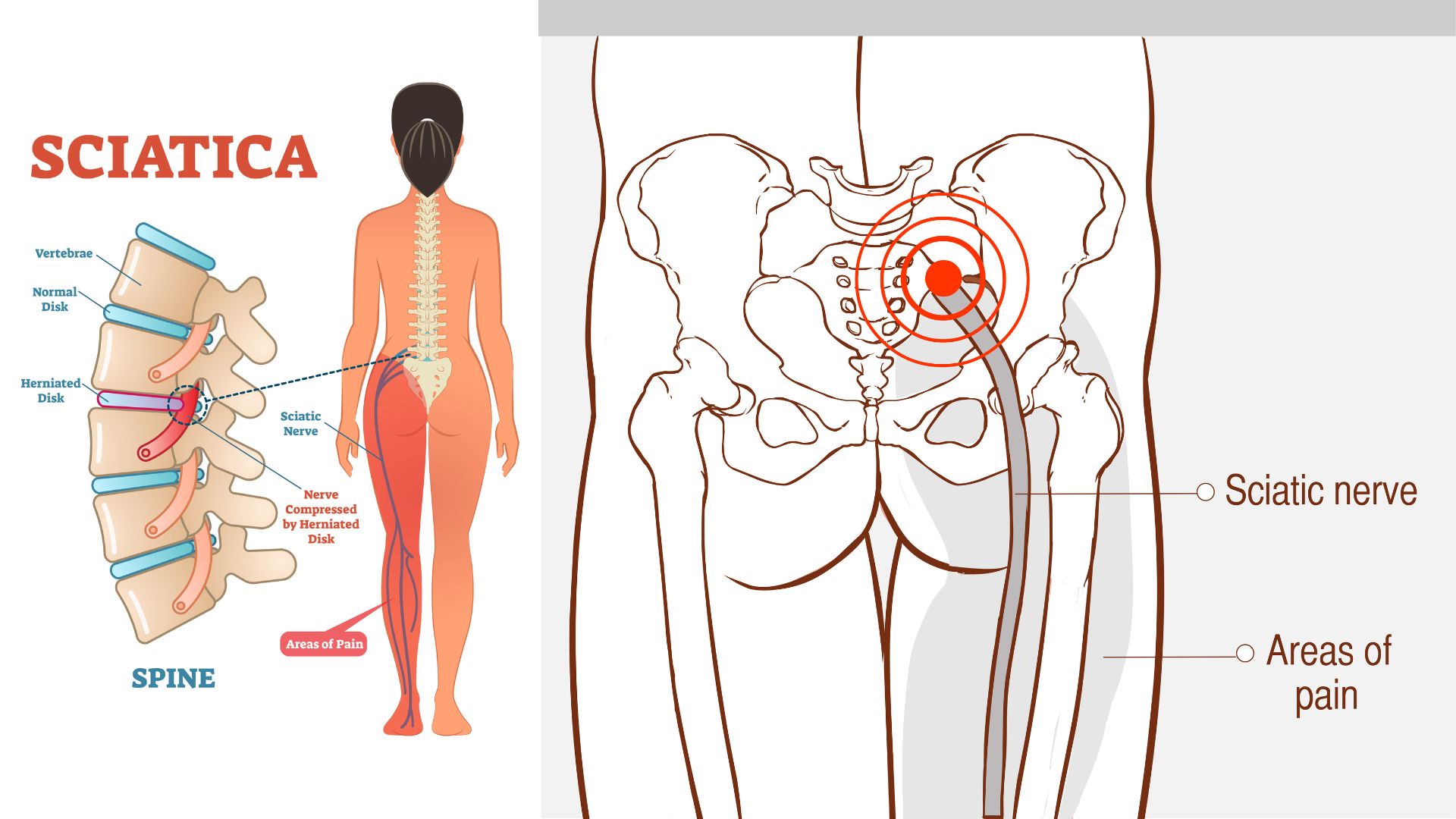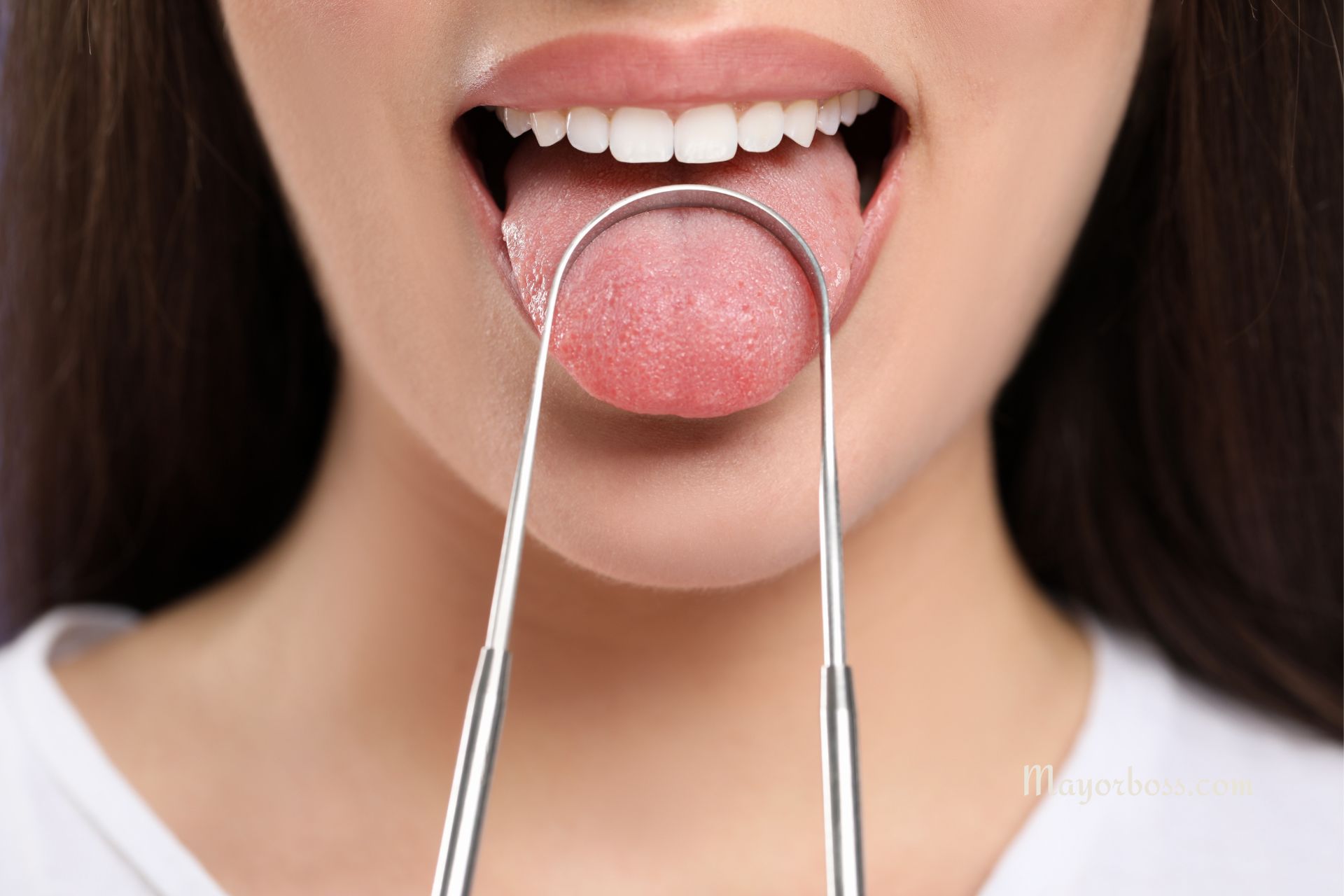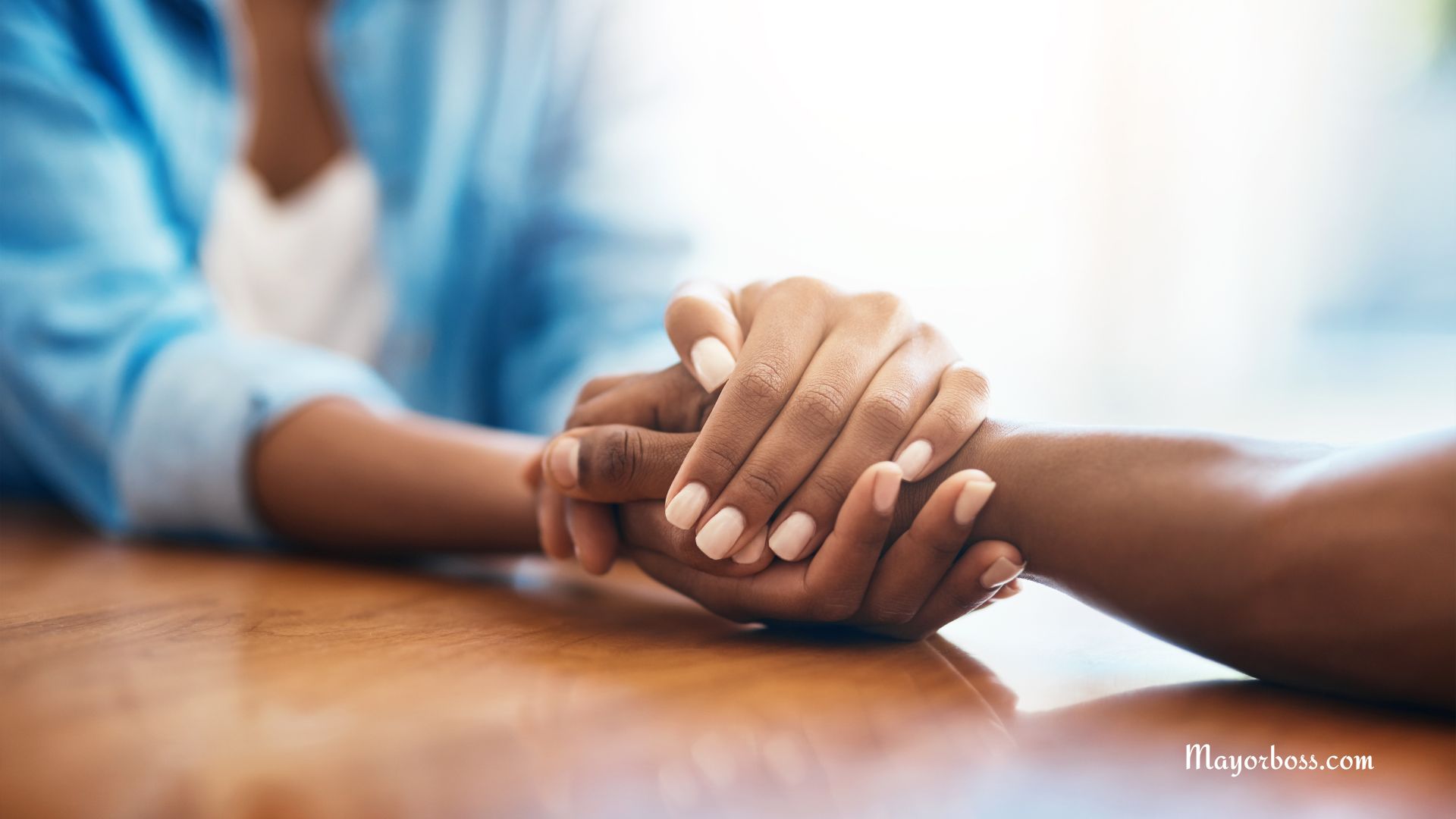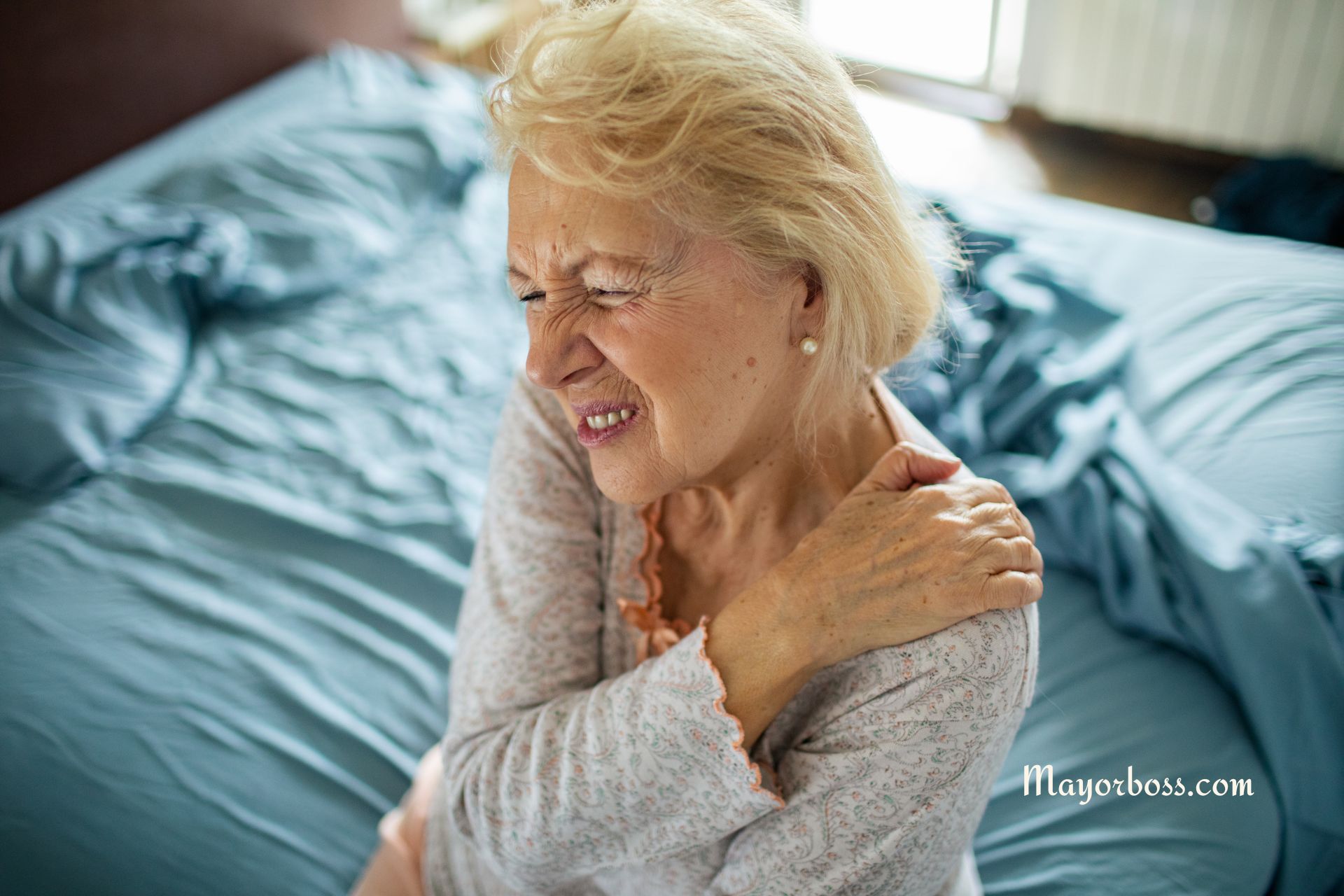How to Treat Burns Caused by Boiling Water
Are you looking at how to treat burns caused by boiling water? Burns from boiling water can range from mild to severe, depending on the temperature of the water and the length of time the skin was exposed. While minor burns can often be treated at home, more severe burns require immediate medical attention. Treatment often involves cooling the burn, applying a sterile dressing, and taking steps to minimize pain and prevent infection.
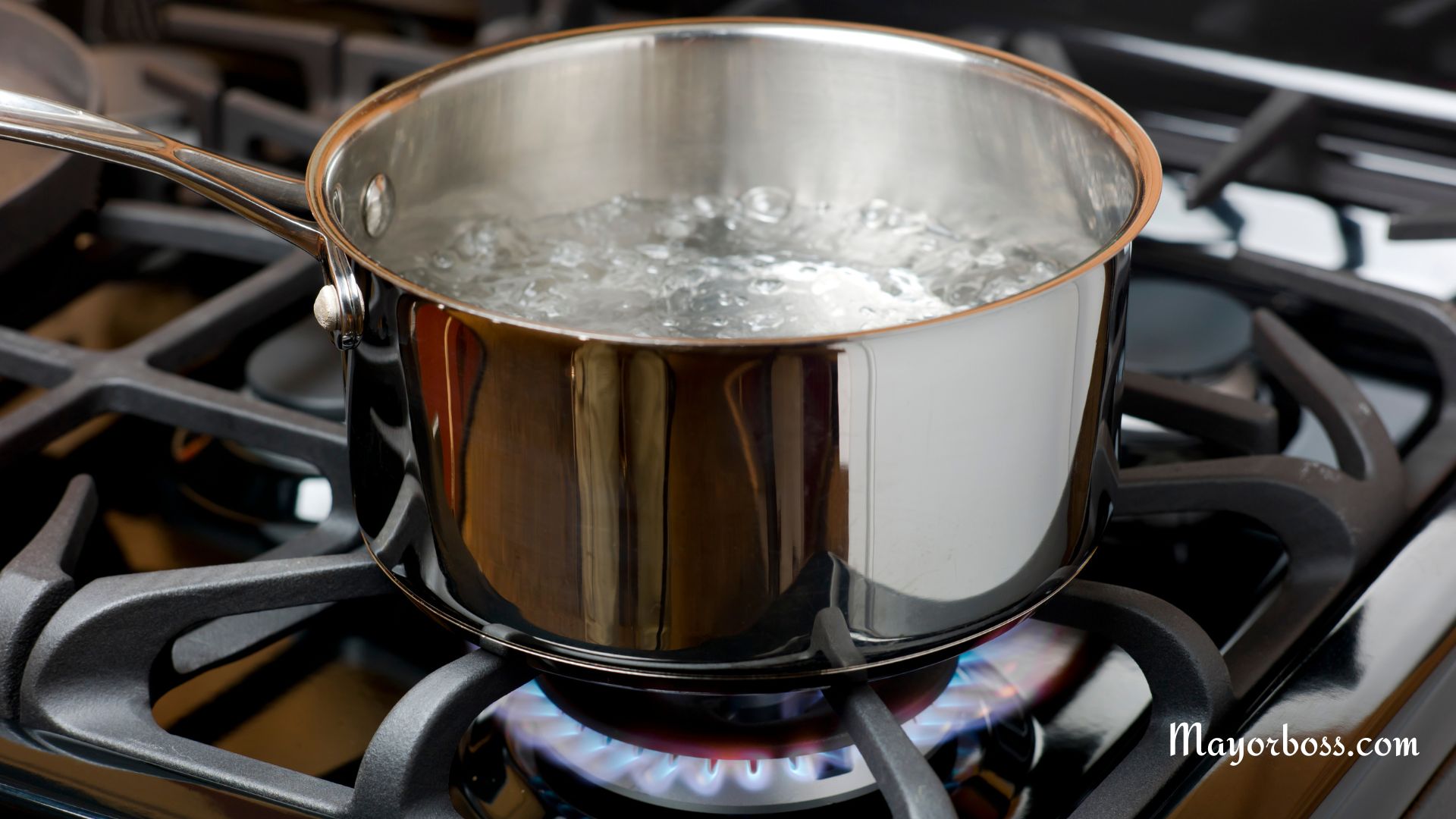
Immediate Actions: What to Do Right Away
Stop the Source of the Burn
The moment you get burned by boiling water, your priority is to stop the source of the burn. Move away from the boiling water and ensure that it’s no longer in contact with your skin.
Cool the Area
Use cold running water to cool down the burned area. Do this for about 20 minutes. Cooling the burn helps to lessen the severity and reduces immediate pain.
Assess the Severity
Take a good look at the affected area. If the skin is blistering or severely red, or you’re feeling extreme pain, seek medical help right away. Burns can be categorized into first, second, and third-degree, with third-degree being the most severe. Medical professionals can provide the most appropriate treatment.
Home Remedies: When to Treat at Home
Use a Cold Compress
If you’ve determined that the burn is mild, a cold compress can be a good option. Wrap some ice cubes in a cloth and gently apply it to the burn. Never apply ice directly to the skin, as it can cause frostbite.
Apply Aloe Vera Gel
Aloe Vera is known for its soothing properties. After cooling the area, you can apply a thin layer of pure Aloe Vera gel. This helps in cooling down the skin further and aids in healing.
Over-the-Counter Pain Relief
For pain management, you can take over-the-counter medications like ibuprofen or acetaminophen. Make sure to read the label for proper dosage and consult your healthcare provider if you’re taking other medications.
Professional Treatment: When to See a Doctor
Signs Indicating Professional Help
If you experience severe pain, blistering, or charring of the skin, it’s time to head to the emergency room. Similarly, if the burn covers a large area, is on your face, or is a third-degree burn, immediate medical attention is necessary.
Medical Procedures
In the case of severe burns, you may require treatments such as skin grafting. Antibiotics may also be prescribed to prevent infection. In people with underlying health conditions like diabetes, burn healing may take longer and require specialized care.
Examples of Specialized Care
Some burns may need hydrotherapy, where the wound is cleaned with water and antiseptics. In extreme cases, intravenous fluids and nutrition may be administered to support healing.
Aftercare: Keeping the Burn Clean
Daily Cleaning
Once the initial treatment is done, daily cleaning of the burn area is crucial. Use mild soap and water for cleaning, and then apply a sterile dressing. Change the dressing every day to minimize the risk of infection.
Applying Ointment
Antibiotic ointments like Neosporin can be applied to the burn. These ointments not only keep the wound moist but also aid in faster healing.
Watch for Signs of Infection
In the days following the burn, be vigilant about signs of infection, such as increased redness, swelling, or pus. If you notice any of these symptoms, consult a healthcare provider immediately.
According to burn specialists, proper aftercare is crucial in the healing process and to minimize scarring. So, it’s essential to follow all the guidelines and recommendations from your healthcare provider for effective recovery.
Preventing Future Burns
Use Protective Gear
When handling boiling water, always use protective gear like oven mitts or potholders. Also, make sure the handles of pots and pans are turned away from the edge of the stove to prevent accidental spills.
Be Extra Careful with Children
Kids are naturally curious and may reach for boiling pots. Always supervise them in the kitchen and educate them about the dangers of boiling water.
Keep Emergency Contacts Handy
Have a list of emergency numbers easily accessible. In the event of a severe burn, time is of the essence, and having these numbers at your fingertips can make all the difference.
While burns from boiling water are common, they can be managed effectively if you know what to do. Whether it’s a mild burn that can be treated at home or a more severe one requiring professional care, acting quickly and wisely is the key to minimizing damage and accelerating healing.
Further Reading: How to Treat a Propane Burn


